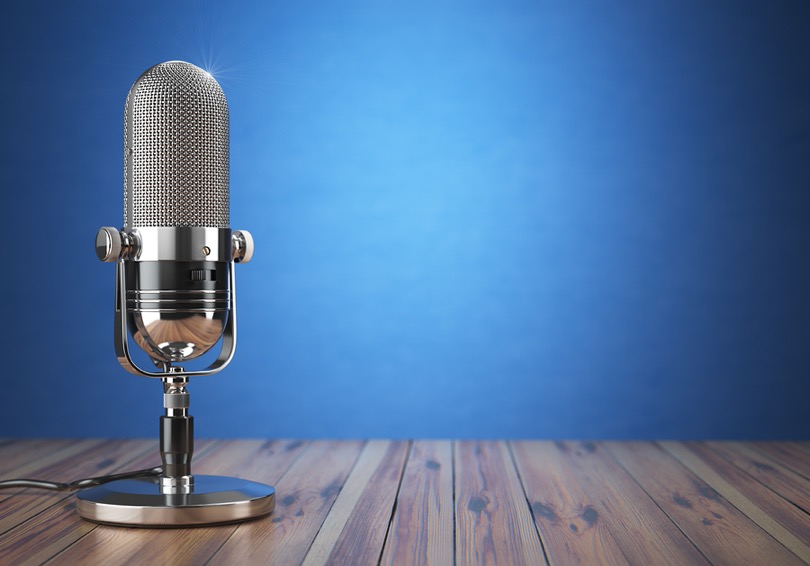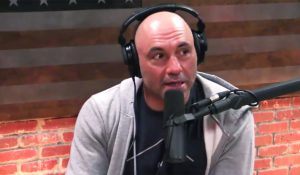Some may think that creating an amazing podcast is as simple as having a chat, pressing record on your phone, and unleashing their creation on the world. The reality is often much more complex than that. Before sitting down to record your first episode, make sure you have robust answers to all of the questions we’ve asked below.
Who is the audience?
In podcast production, there’s no such thing as a passive consumer; your audience has to come and actively find you. So who are they? There’s nothing wrong with your show being niche – some of the biggest podcasts are made for niche audiences – but do you think there is an appetite for your show within your target audience? Asking yourself these questions upfront will save you a lot of grief later if you discover that your hyper-niche show isn’t getting any downloads.
What is the purpose?
What are you trying to do with your podcast? Are you reporting on the latest news, trying to launch a comedy career, sharing your expertise with others, or something else entirely? It may seem like an obvious point, but if you don’t nail down what you’re trying to achieve upfront, your podcast can quickly become messy and lacking direction.
What is the format?
There are tonnes of different podcast formats out there, but they typically fit into one of four categories. These are:
-
- Monologue podcasts – one host speaking throughout
- Interview podcast – a regular host (or hosts) interviewing different guests each week
- Co-hosted podcast – two hosts speaking with one another
- Panel podcasts – three or more hosts with a primary host to guide the discussion
The format is a huge part of a show’s style, and if you flip from one to another week to week you’ll confuse your audience. Find one that works for your show and stick with it.
What features will you have?
A great feature will keep guests coming back for more, so what features are you planning on including in your show – if any? They are not a necessity, but the familiarity of a weekly feature can help your audience engage with your show more.
Who will present it?
Now, you need to find your presenter. It’s best to use someone in-house so you don’t need to pay through the nose for each episode, but picking the right person is key. You need to make sure you pick someone whose voice (which means their vocabulary and talking style, not their accent) suits the theme of the show.
Will it be scripted or free-form?
There are great podcasts that follow both formats, but you need to pick the one that’s right for you. Will your show benefit from strict scripting or open discussion? Decide this upfront and stick to it, and your podcast will be better for it.
Will you have guests on?
Amazing guests are a great way of driving new listeners to your podcasts, as they’ll often share the episode with their own followers. It’s also a great way of making your podcasts more interesting, by having a more diverse set of voices. Despite this, guests won’t suit every podcast, so have a think upfront about whether you want to have them on your show.




